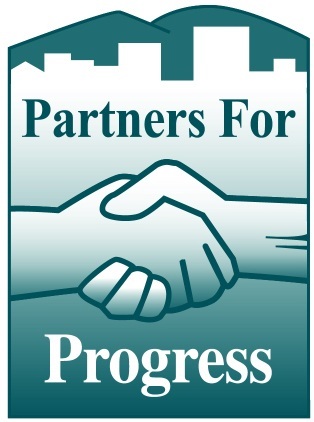The therapeutic court model is an alternative justice model in which a collaborative court team — a supervising judge, district attorney, defense counsel, probation officer, and substance abuse or mental health treatment provider — oversees and closely monitors participants who choose the treatment program in lieu of incarceration.
How do the various courts differ?
Municipal Misdemeanor, Felony DUI, Felony Drug
The mission of the Municipal Misdemeanor, Felony DUI, and Felony Drug Courts is to enhance the quality of life in our community and public safety by breaking the cycle of criminality of drug and alcohol addicted persons, and to reduce the cost associated with re-arrest, criminal case processing, confinement, and jail overcrowding. Evidence-based practices support participants’ abstinence from drugs and alcohol and promotes self-sufficiency while they reside in the community and rebuild their lives.
Child in Need of Assistance (CINA)
The mission of the CINA Therapeutic Court (CTC) is to accelerate permanency in child welfare cases by providing enhanced court oversight for parents or custodians in need of recovery services. The CTC operates as a parallel court for participants with an ongoing CINA case.
Veterans Court
The Veterans Court is a specialized court designed to facilitate the rehabilitation of eligible veterans who are charged with criminal offenses. The Court provides judicial monitoring coupled with alternative sentencing plea agreements to help eligible veterans succeed with their own rehabilitation and return to a productive and law-abiding lifestyle, thereby reducing crime and its costs to society.
Coordinated Resources Project
The Mental Health Court is a post booking diversionary response to the problem of “criminalization” or an increased likelihood that people with mental disabilities will be processed through the criminal justice system instead of the mental health system. The court diverts people with mental disabilities charged with criminal offenses from incarceration and into appropriate community treatment and services to prevent further contacts with the criminal justice system.
Families with Infants & Toddlers (FIT)
The mission of the FIT Court is to recognize the unique developmental needs of young children. The primary goals are to achieve permanency within twelve months and to reunify young children with their families or origin. Whenever possible, the FIT Court seeks to reduce repeat maltreatment by building strong supports around the family. Involved in the therapeutic court promotes child safety by encouraging wrap-around recovery services for parents and custodians.
Henu Community Wellness
This collaboration between the Kenaitze Indian Tribe and the Alaska Court System focuses on the person’s entire wellness, going beyond substance abuse treatment. The Henu Community Wellness Court is located in Kenai.

